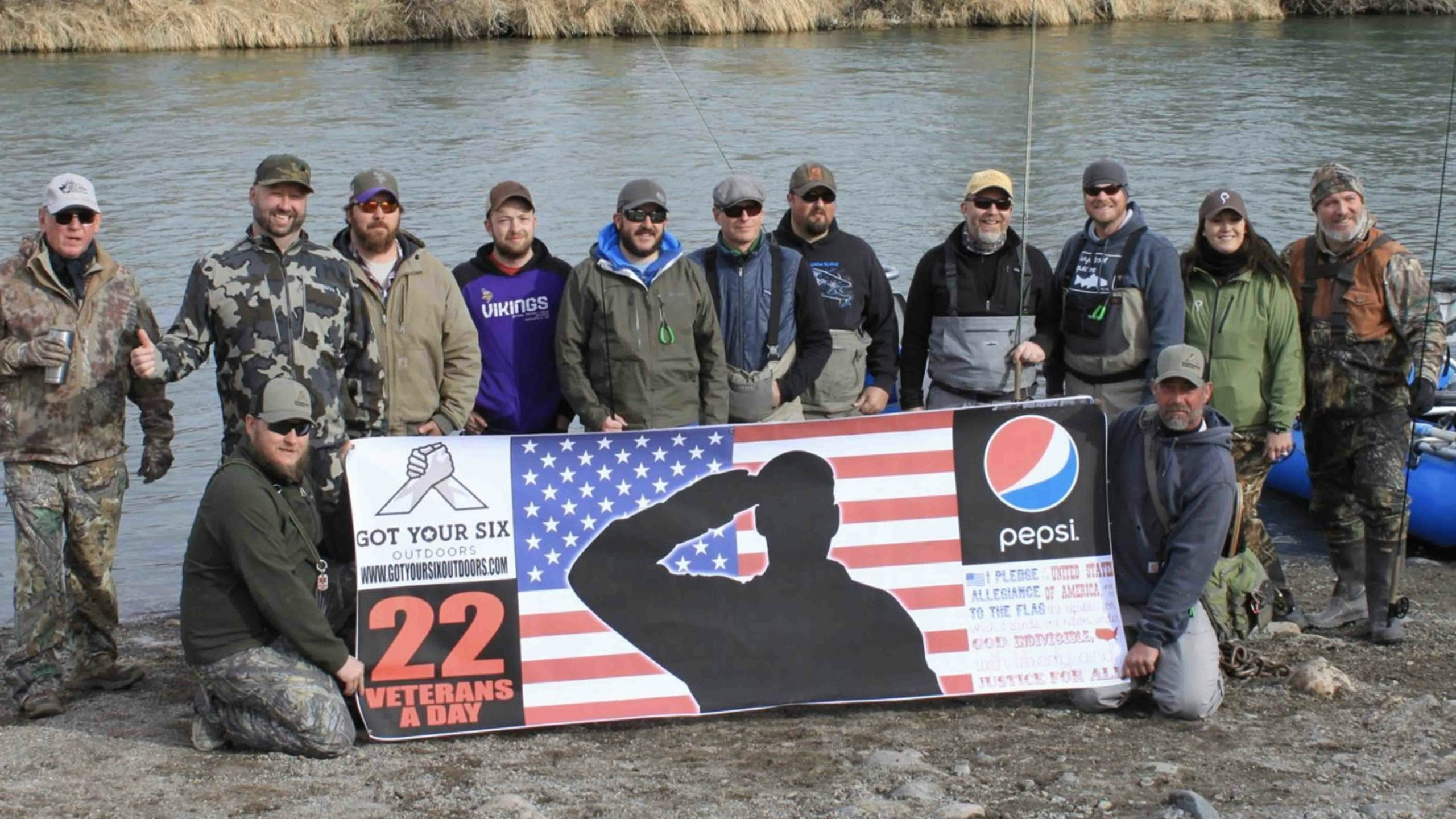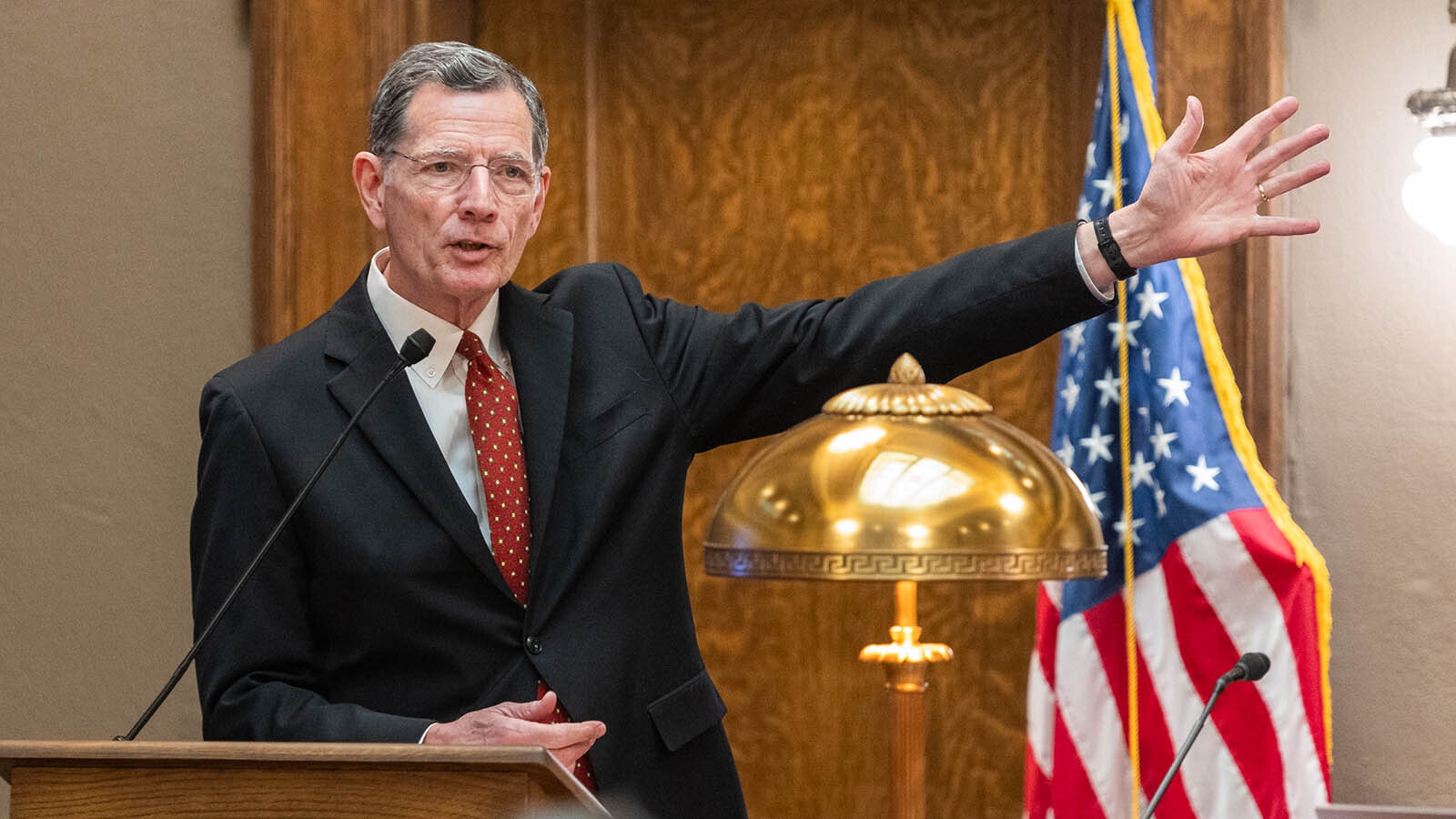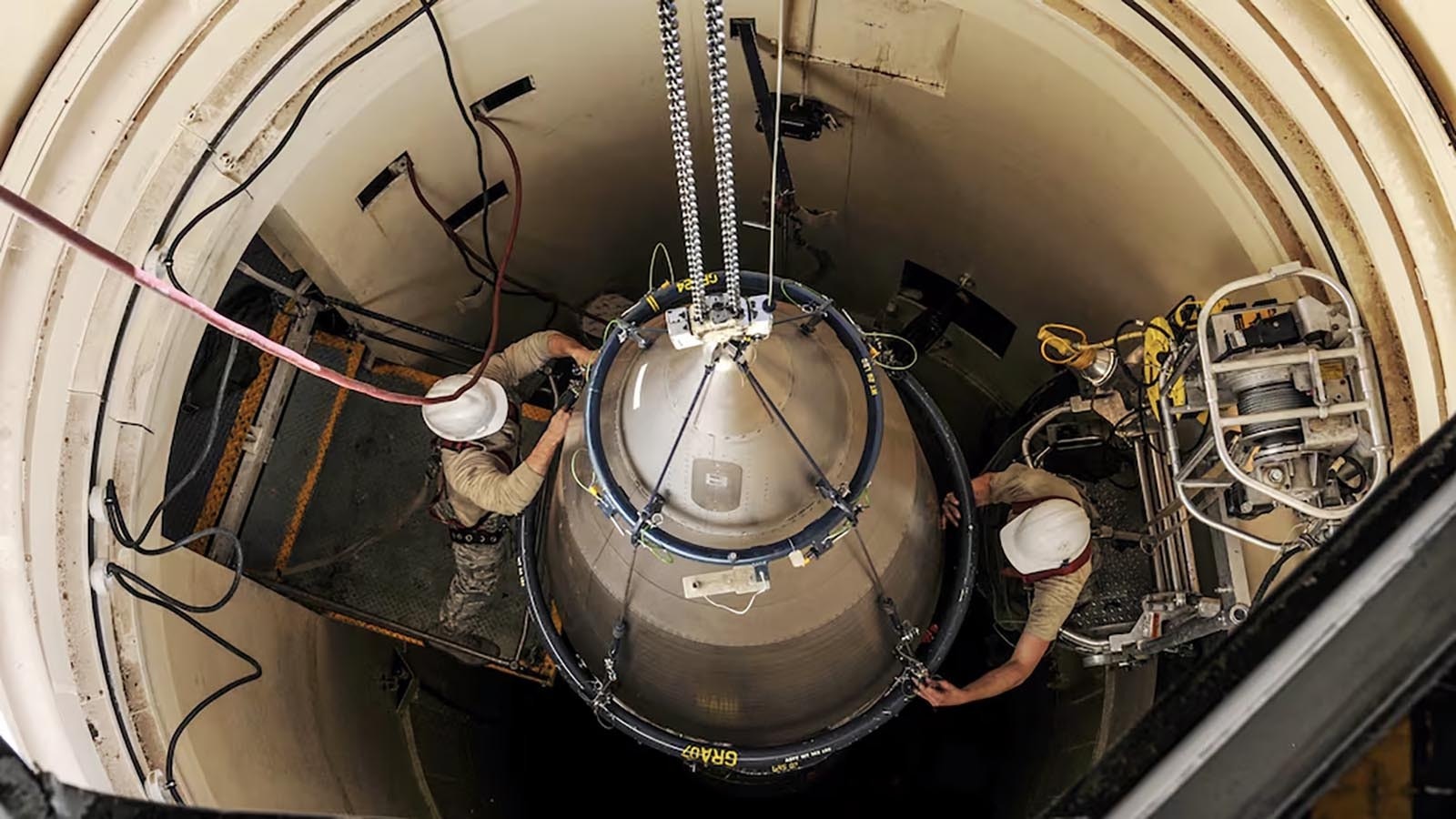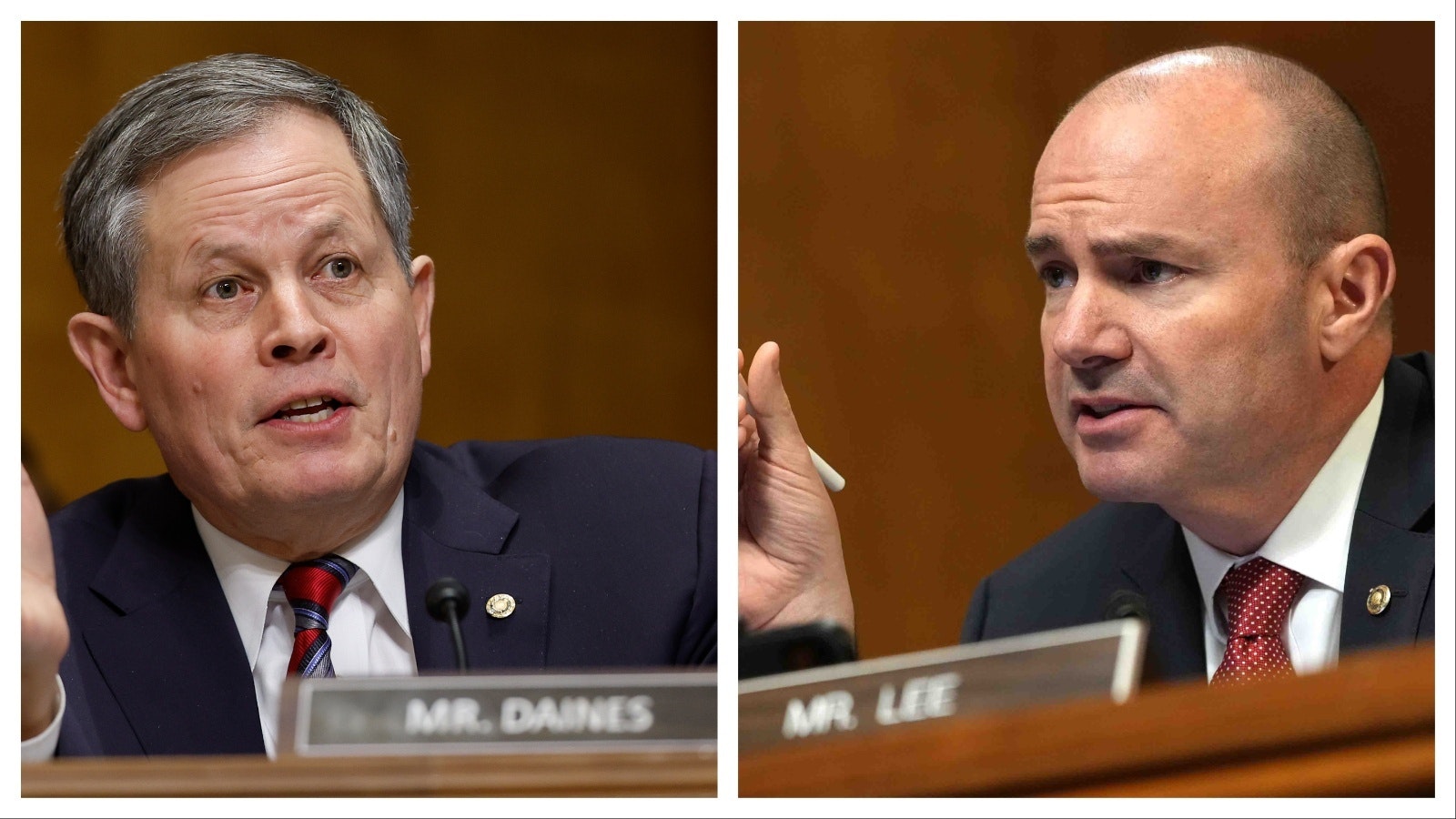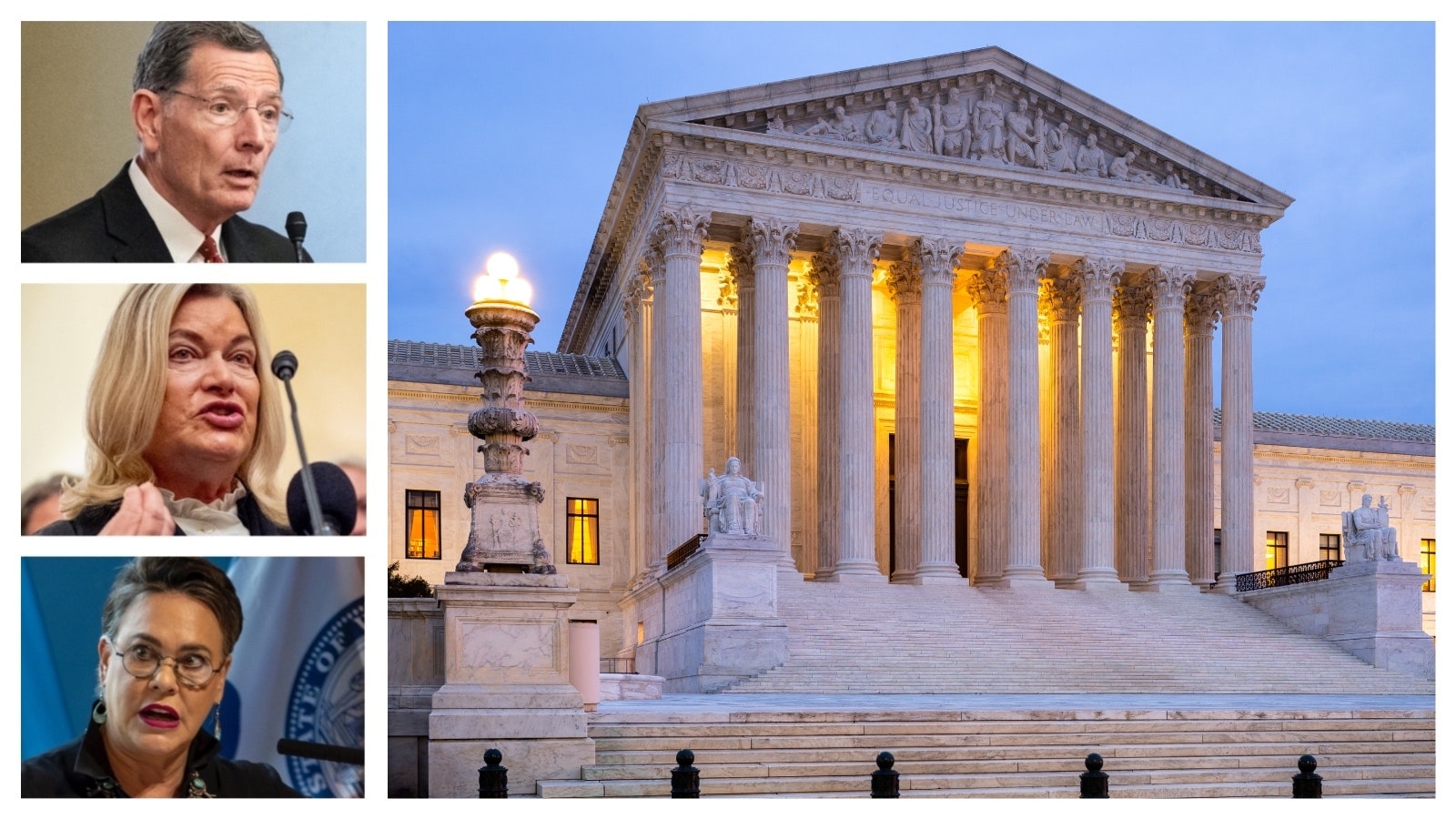By Wendy Corr, Cowboy State Daily
*Some names in this story have been changed.
“Richard” lives in a dark place.
Not his home, mind you. Or his life with his wife, “Linda.” It’s the memories of his actions in Vietnam 40 years ago that haunt him.
“You know, every time you go to the hospital and they take your temperature and they ask you that stuff, ‘Have you ever thought about committing suicide?’” Richard said. “I went in there, at the VA Clinic, and I’ve always said, ‘Yeah, I thought about it. In fact, I could do it now.’”
A dozen suicide attempts, multiple marriages, and physical scars from horrific events that occurred half a world away are outward symbols of what Richard, whose name was changed for purposes of this story, carries with him every minute of every day.
It’s the mission of a Cody organization to bring veterans like Richard out of those dark places and into the light.
Downrange Warriors is an outreach program that has helped hundreds of former soldiers and their spouses find a measure of peace, helping them to reconcile their pasts with brighter, more peaceful futures.
The Cody-based program, which was organized in 2017, operates as a franchise of REBOOT Recovery, a 12-week, faith-based, peer-led course that helps veterans, active-duty military and their families heal from service-related trauma.
One Led To Hundreds
Todd Bray, one of the program’s co-founders, said he and two others started the program as a way to help just one veteran and since then, they have helped hundreds.
“We talk (in the program) about the roots that are underneath the tree, and the tree limbs are on top – and those are the symptoms, but they’re not the causes,” Bray said. “And the causes are the things that have really gone wrong.
And what we really are doing, is taking about four weeks for everybody to get to know and trust each other, and start talking honestly and candidly,” he continued. “We have rules of engagement – what is said here, stays here. None of this can ever ever be used against you.”
Bray’s own experiences were so dark, his work so top-secret, that he kept his life as a military operator completely separate from his life as a family man – which ultimately cost him his first marriage.
“I remember many times coming in through the security gate (at my house),” he said. “It would close behind me, and I would just sit on the hood of my car for an hour or two and try to become a human being again. It’s like stepping from Mars to Earth and then back to Mars again.”
Second Chance
But Bray was given a second chance at love and family. His wife Terri is right there with him at every Downrange Warriors class.
“None of us make real change until we’re desperate enough,” he said. “And so after the divorce, I lost every friend I had. I lost my Sunday school class. I lost everything. And I finally got to the point – and this is embarrassing, because as a soldier you never give up, and I’ve been in tough places and I never gave up – but I finally said, ‘God, please don’t give up on me.’
“And within four years, I had met Terri, we started dating, all these things happened,” he continued. “God pulled it back together. But first what I had to do was, I had to yield.”
Regroup
In many ways, that’s what Downrange Warriors teaches the veterans who attend the 12-week courses and the weekly support meetings that occur year round (called “Regroup”) – that by becoming vulnerable within a small, safe group of like-minded people, healing can happen.
“I did 30 years as an operator, I was done,” Bray said. “I came here to hide and die and nobody even know who I was… but what God prepared me for was a mission here that I never dreamed, would never have volunteered for.
“What we’ve found with these guys, is if they’ve really been in the ‘stuff,’ they will not talk to anybody else who hasn’t been in the ‘stuff.’ And God gave me the credentials to be in that conversation.”
Bray said he was concerned at first that the program would be a failure – but he said that at every class (the current class is number 10), participants always show up.
“We didn’t have a single candidate for this program the night before it happened, and now we have, like, 17,” he said. “And I used to fret over that. ‘Oh, there’s not going to be anybody there, and we’re a failure as a ministry,’ and then one day it just dawned on me. ‘He’s God, and I’m Todd. He’s got this, so shut up and relax.’”
Bring The Family
Part of the success of Downrange Warriors is the inclusion of the veteran’s family, Bray said.
“We strongly encourage a veteran bringing their spouse,” he said, “because the spouses have secondary PTSD because they’ve been living with this horse’s ass all this time.
And with the (personal) traumas the wives bring in, all of a sudden we realize God has not only started healing these combat veterans, but everybody around them,” he continued. “And whenever everybody around you is healed, you can heal.”
Richard’s experiences in Vietnam were so horrific that when he speaks of them, it brings the grizzled, war-hardened veteran to tears. Those multiple suicide attempts? Richard said he can’t explain why he is still alive.
“Each time I did it with a revolver, I got six misfires,” he said. “But then when I took it to the range, it fired. That probably happened about a dozen times.”
“Something was on my side.”
Violence Was a Drug
Richard credits Bray, and the pastor of the CMA Church in Cody (which hosts the Downrange Warriors meetings), for helping to bring him into the light – although he still struggles with the guilt of his past actions.
“Violence for me, back then, it was a drug,” he said. “But you get to the point where your dreams catch up to you. And Todd’s helped me, I would talk to Todd, and I talked to Randy, the pastor. And I told him what I’ve done. You know, he said, ‘Well, God can forgive you.’ God’s gonna forgive me for (what I’ve done)? That’s a hard one to swallow.”
However, Richard said that his experiences may be of value to others who are struggling with guilt and anger after their own combat ordeals.
“I know where you’ve been,” he said. “Your war is what mine was, but mine was 50 years ago, the same shit. That’s all Iraq and Afghanistan was, you know, you’re fighting different people, but same shit”
‘You Guys Saved My Life’
Bray said the majority of the veterans who go through the program go on to live productive lives with their families – miles away from the suicidal thoughts that drove them to the edge.
“I saw one the other day, he said, ‘You guys saved my life.’ He invited us to his wedding, he got married, and now they’ve just had a baby,” Bray said. “And that’s what I’m really after. That guy at that time had nothing. Now he has a family of five.”
The ghosts never really go away, Bray acknowledged – but for many of those who have participated in Downrange Warriors, they find the tools to manage the dreams and memories, so the light can overcome the darkness.
“I live with this every day,” Richard said. “Every day. I’ve got a long way to go for closure. I don’t know if God’s gonna accept me or not.”

